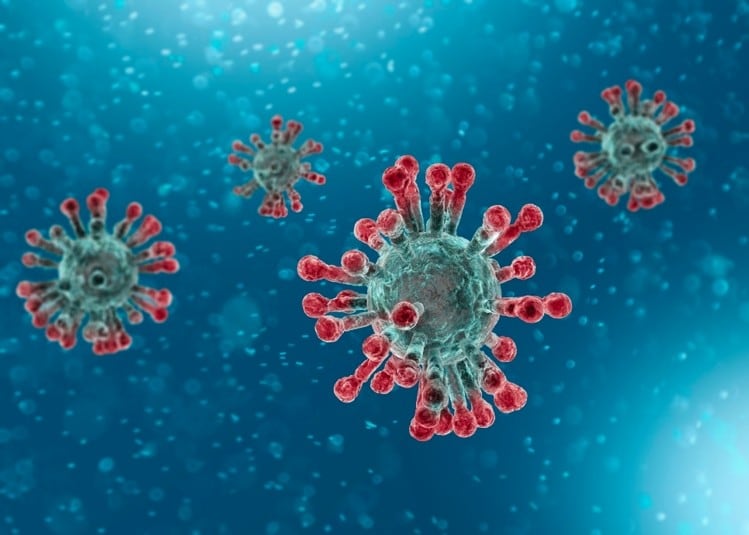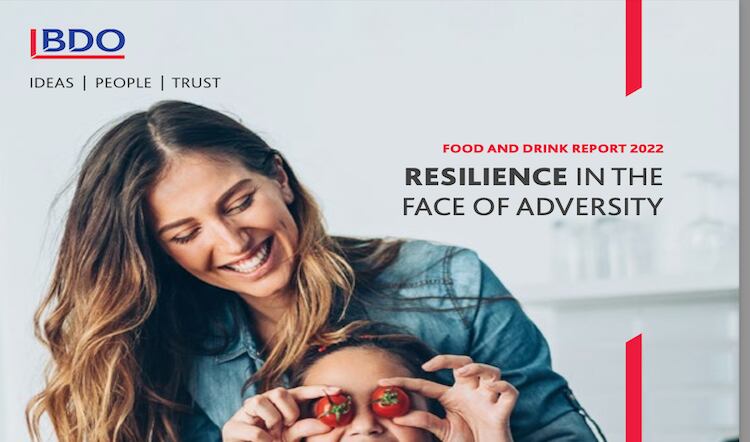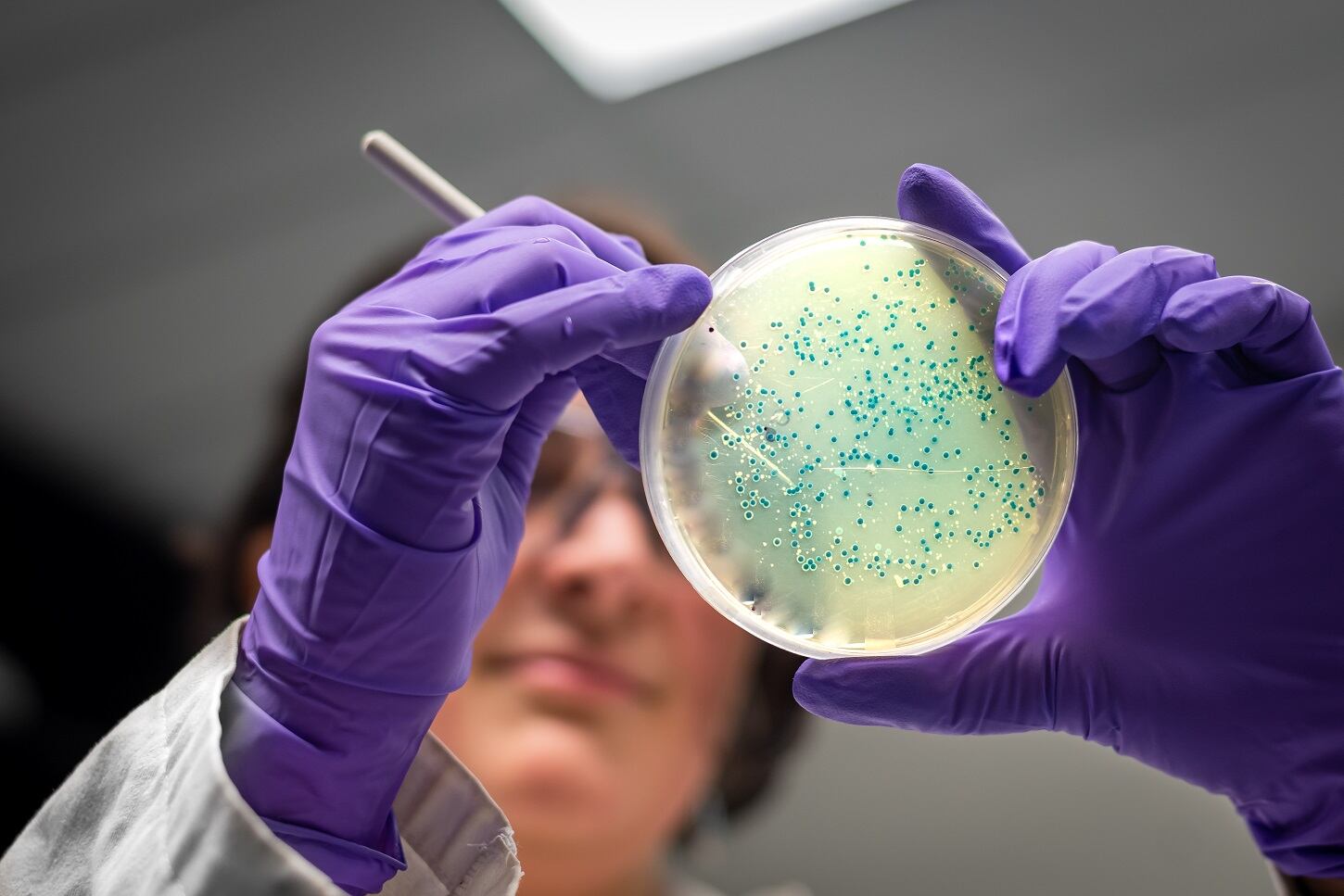The research from US-based Campbell University and the American Society for Microbiology, was published in a paper in the journal Applied and Environmental Microbiology after research was conducted on fresh products of chicken, beef, pork, and salmon.
The research paper said: “As many cases of SARS-CoV-2 have been linked to meat processing plants, it may be that conditions in live animal markets and slaughterhouses or meat processing plant procedures transfer viral particles to meat, poultry, and seafood during animal slaughter, processing, storage, or transport.”
Food markets
The research was conducted as the role of contaminated foods as a source of SARS-CoV-2 exposure had been suggested because of the possible emergence of the pandemic in a food market in Wuhan China. Similarly, Vietnam and New Zealand also outbreaks at 99 and 102 days after the last identified local transmission suggesting another persistent exposure source.
The study also said that the extent to which SARS-CoV-2 and similar enveloped viruses can survive on foods, such as meat, poultry, and fish, under cold-storage conditions is “poorly quantified.”
They used viral surrogates with to analyse the results and found that all viruses inoculated onto the meat and fish products survived to varying extents at both 4°C and −20°C for the full 30-day period.
Survival
While the viral surrogates differed in survival, depending on food product and temperature, they survived for extended periods of time at high concentrations at both refrigerated and frozen temperatures.
The study did explain that there was a limitation to the results as it used surrogate coronaviruses instead of the SARS-CoV-2 virus itself.
However, the researchers highlighted that as these viruses can survive for long periods on meat and fish products at cold temperatures it emphasised the need for rigorous and sustained food sanitation and hygiene in the harvest, transport, processing, and distribution of these foods.
During the pandemic food manufacturers were urged to mitigate the safety risks.




